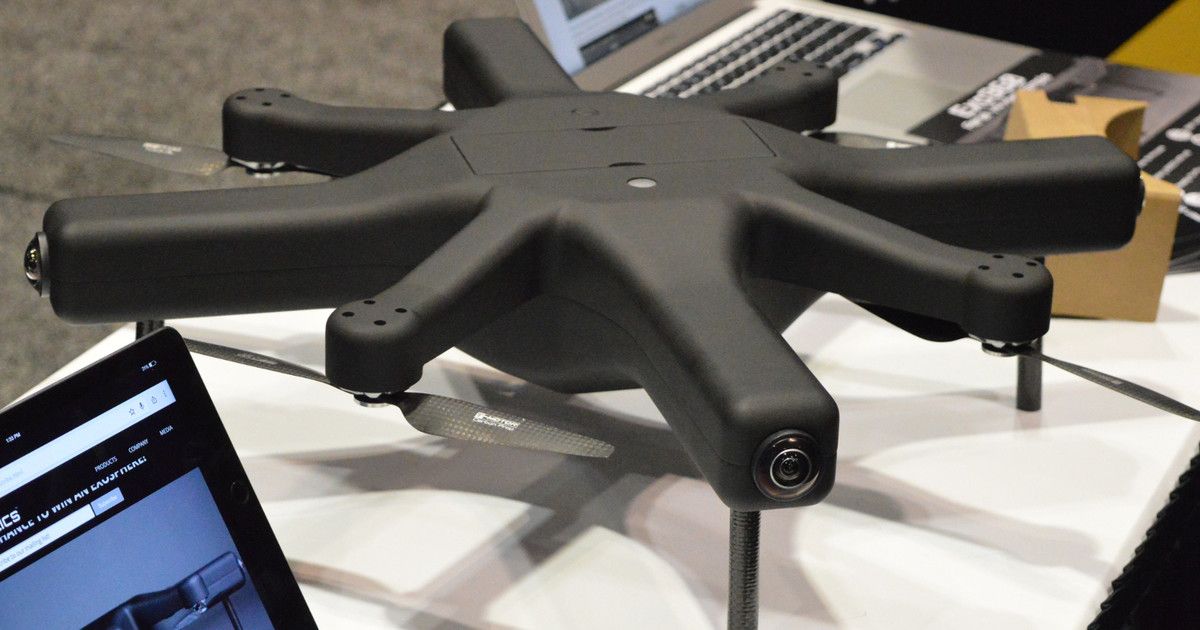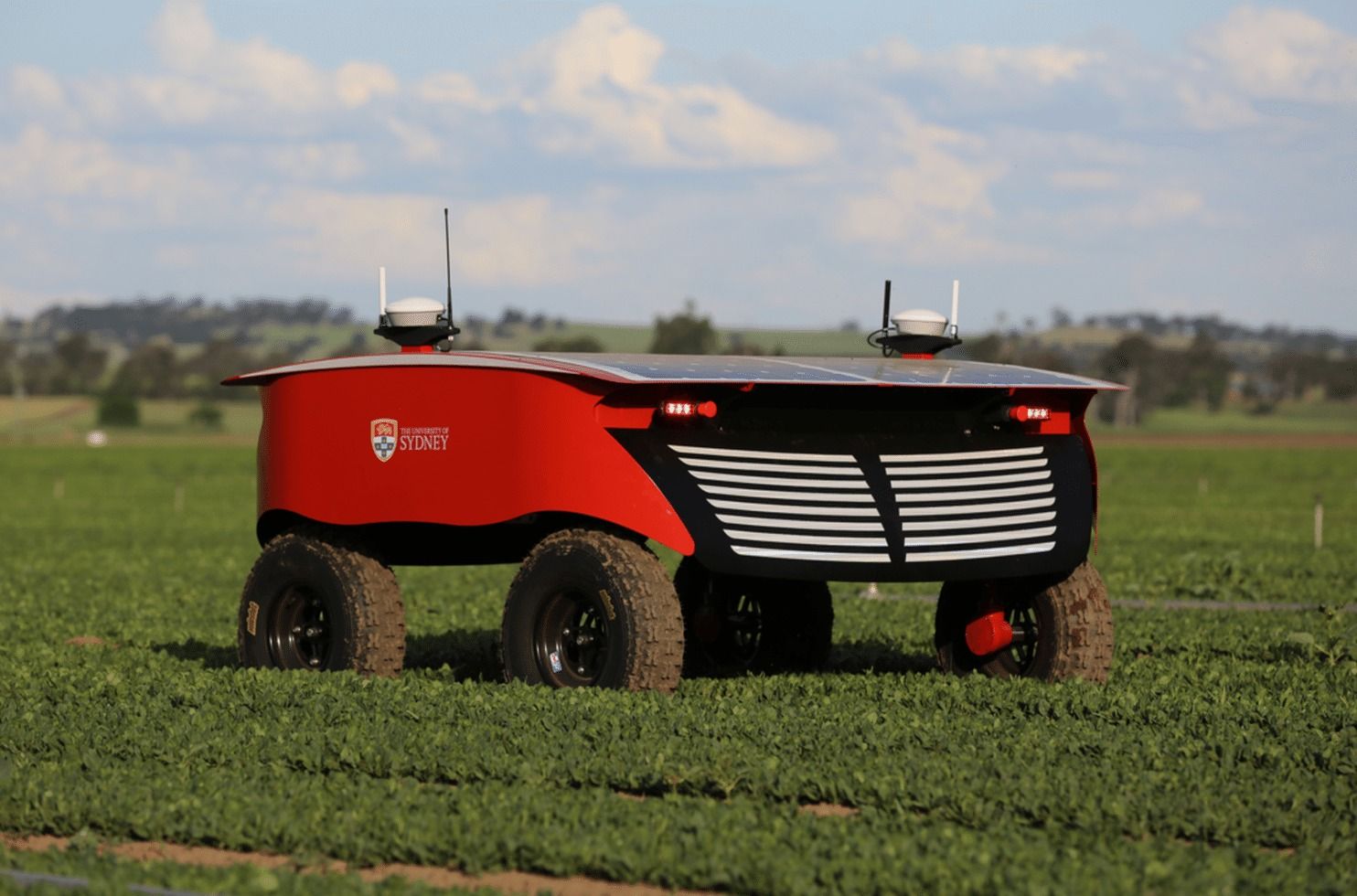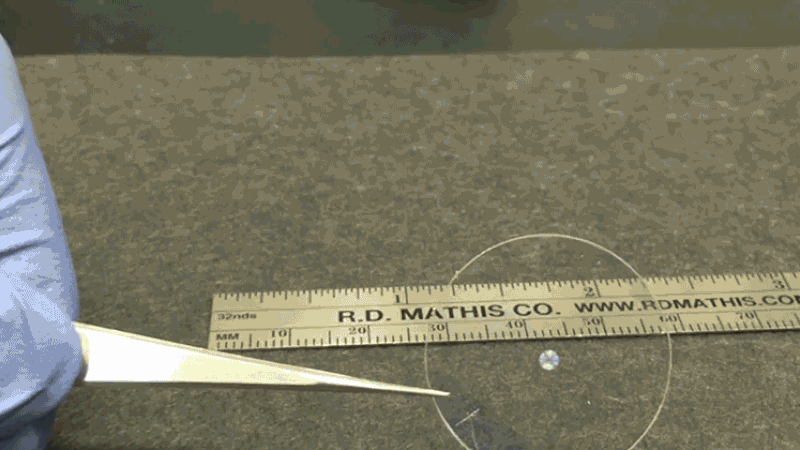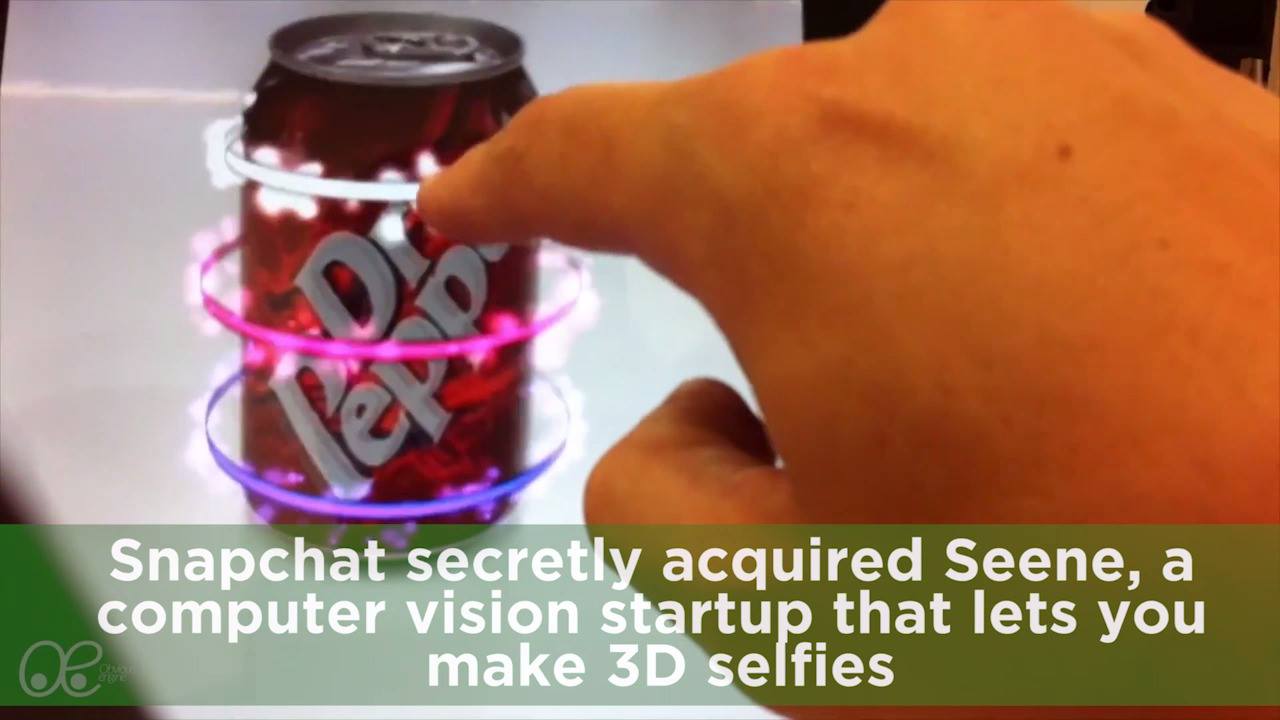Page 11051
Jun 4, 2016
Fly with your drone in VR thanks to the Exo360’s five 4K cameras
Posted by Shailesh Prasad in categories: drones, robotics/AI, virtual reality
Queen B Robotics has combined drones with virtual reality, coming up with a drone with five cameras, able to capture 360-degree video.
Jun 4, 2016
Watch: New Trailer for Werner Herzog’s Internet Doc ‘Lo and Behold’
Posted by Shailesh Prasad in categories: education, internet
” The explosion of information technology on the internet has lead to some of its greatest glories.” Magnolia has released an official US trailer for the new Werner Herzog documentary Lo and Behold: Reveries of The Connected World, in which Herzog profiles the internet and how it has changed the world, for better or worse. The doc premiered at the Sundance Film Festival earlier this year to mostly positive reviews. We featured the first two trailers a few months ago while waiting for release info to be revealed. The doc has 10 distinct chapters, from “The Early Days” to “The Future”, and explores both the good and bad of what the internet has provided. I’m still quite excited to see this doc, anything by Herzog is usually quite fascinating.
Continue reading “Watch: New Trailer for Werner Herzog’s Internet Doc ‘Lo and Behold’” »
Jun 4, 2016
Even cowboy jobs may not be safe from robots
Posted by Dan Kummer in categories: employment, robotics/AI
Jun 4, 2016
World’s First 3D Printed Motorcycle
Posted by Shailesh Prasad in categories: 3D printing, transportation
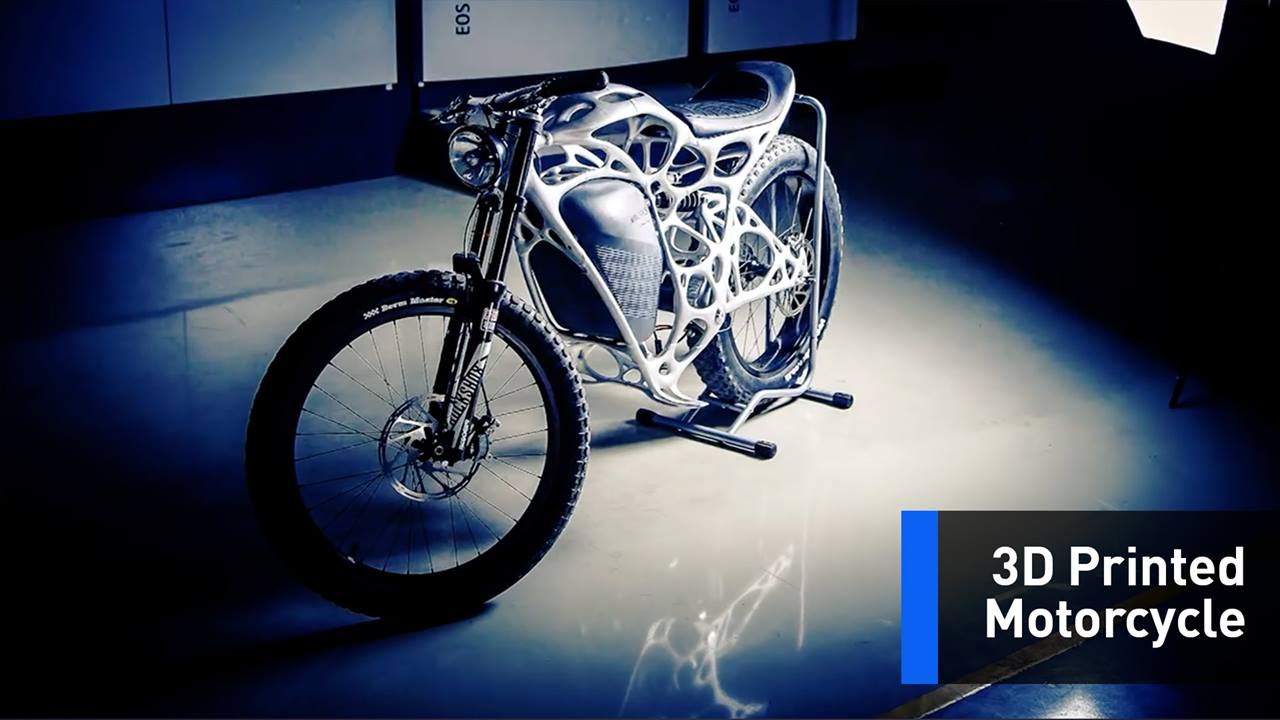
A 3D printed motorcycle weighs only 77 pounds.
The world’s first 3D printed motorcycle weighs only 77 pounds and is absolutely beautiful.
But it will cost you.
Jun 4, 2016
A Camera Lens Breakthrough Could See Smartphones Outperforming DSLRs
Posted by Shailesh Prasad in categories: electronics, mobile phones
If you’ve ever held a high-quality camera lens, the first thing you notice is the weight. Thanks to layers and layers of thick glass hunks inside, they end up being very heavy. However, thanks to research being done at Harvard on something called metalenses, one day those mgiant glass-filled lenses might be obsolete.
The curved surfaces on a glass lens focus incoming light onto a camera’s digital sensor. The more precise (and expensive) the lens is, the better the image it will produce.
Metalenses work in a similar way, but they’re not made of precision-ground glass. Instead, a layer of transparent quartz is completely covered in a layer of tiny towers made from titanium dioxide. When arranged in specific patterns, those complex tower arrays can focus light exactly like a glass lens does. Except that these tiny metalenses end up being thinner than a human hair, and weigh almost nothing.
Continue reading “A Camera Lens Breakthrough Could See Smartphones Outperforming DSLRs” »
Jun 3, 2016
New Brain Implant Lets You Control Machines Using Your Thoughts
Posted by Shailesh Prasad in categories: biotech/medical, neuroscience
Australian scientists are developing a biocompatible implant that will allow paralyzed patients to control machines with just their thoughts.
Forget Siri and Cortana. Soon, you may be able to give commands to machines just by “thinking” them.
A team of researchers and engineers at Melbourne University are developing a stentrode, a tiny implant to be placed into a blood vessel next to the brain, which can record electric activity from a specific part of the brain. The information will then be decoded and interpreted into thoughts.
Continue reading “New Brain Implant Lets You Control Machines Using Your Thoughts” »
Jun 3, 2016
Researchers use T-rays to look inside of broken microchips
Posted by Karen Hurst in categories: computing, materials
Terahertz radiation, or T-rays, can do some really incredible stuff. It can be used to scan for tumors and bombs build ultrafast wireless networks and see through solid objects. As an imaging technology, however, T-ray cameras have always had a resolution limitation. Well, they used to. Researchers at the University of Exter has developed a new terahertz camera that can see at a microscopic level — and they want to use it to find defects in microchips.
This breakthrough kind of changes the game for terahertz imaging. The radiation has always been able to look through solid objects without damaging them — which is why it’s frequently used in the art world to look past the surface layer of various masterpieces — but resolution limitations kept it from being used to diagnose broken computer chips.
Project lead Rayko Stantchev says his team has effectively doubled the technology’s resolution, creating a proof-of-principle prototype that can see a microscopic image printed on a circuit board obscured by a thick silicon wafer. “With our device you could test the quality of microchips that have buried under optically-opaque materials,” Stantchev says. “Allowing you to tell if a hidden chip is broken without having to open it up.”
Continue reading “Researchers use T-rays to look inside of broken microchips” »
Jun 3, 2016
Luxembourg says law legalizing mining asteroids will be completed
Posted by Karen Hurst in categories: law, space
I still believe we need some sort of Environmental Protection Oversight in Space with the space junk already much less with mining.
One of Europe’s smallest states, the Grand Duchy of Luxembourg, cast its eyes to the cosmos on Friday, announcing it would draw up a law to facilitate mining on asteroids.
Extracting precious metals, rare minerals and other valuable commodities on passing asteroids is a staple of science fiction, but Luxembourg says incentives are urgently needed to turn this dream into fact.
Continue reading “Luxembourg says law legalizing mining asteroids will be completed” »

